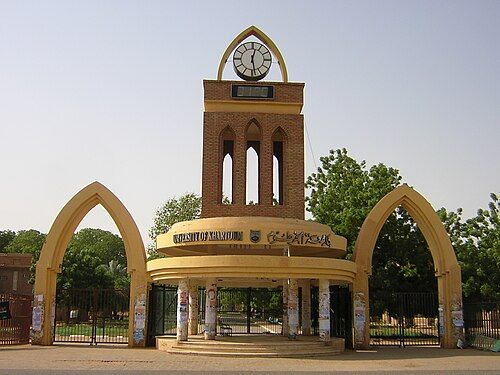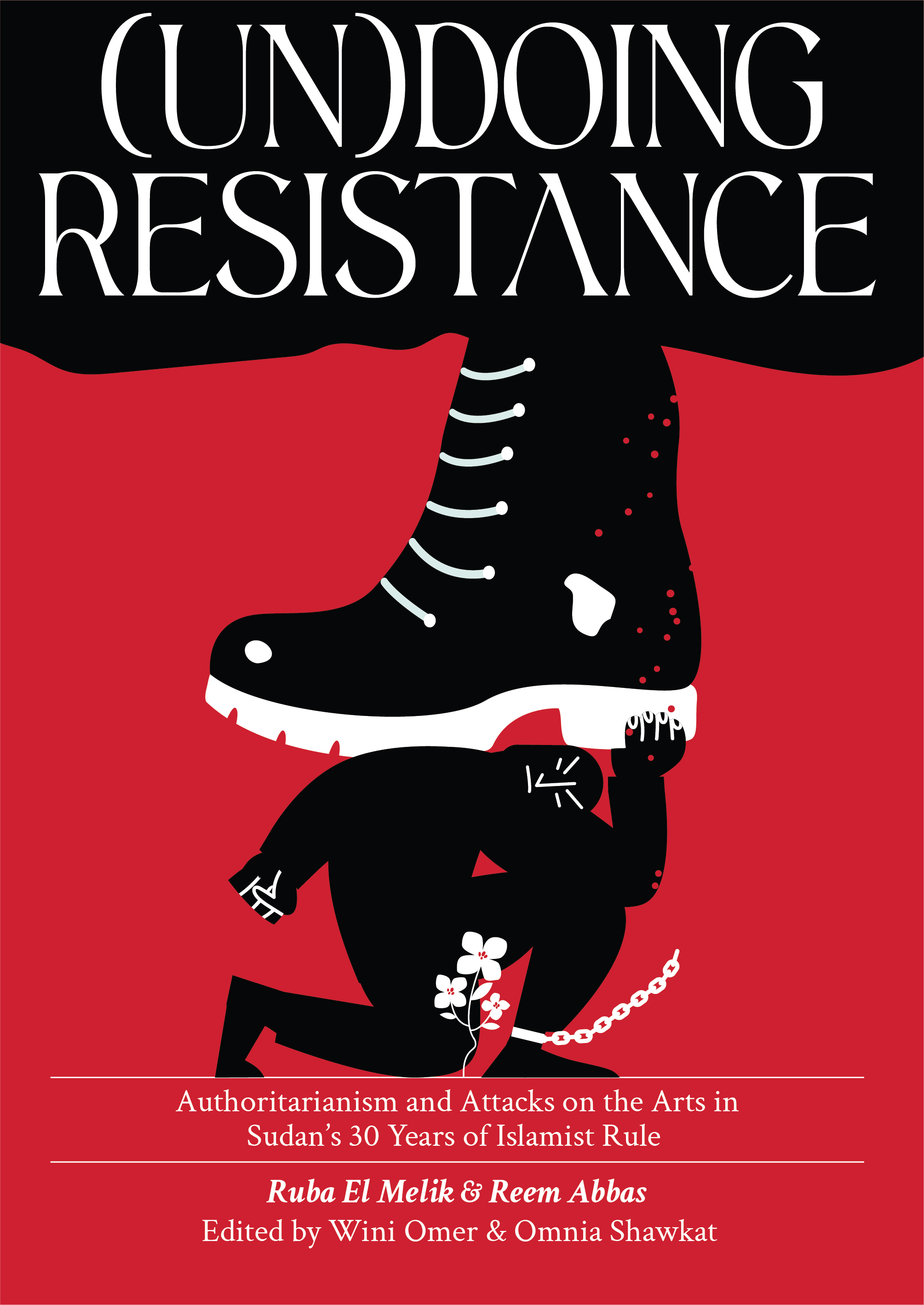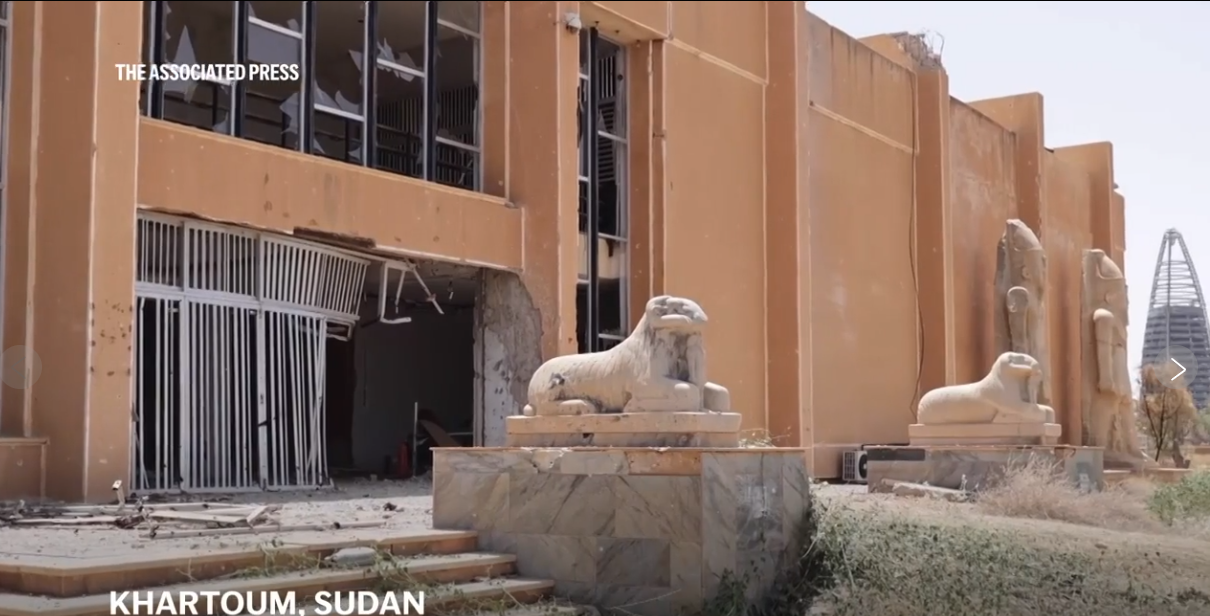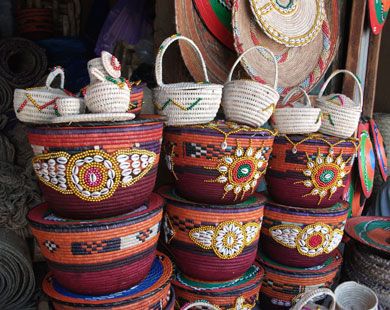Archiving in the Context of Sudan
Sudan's archival landscape boasts a vast archival heritage including: ancient artifacts such as collections from the Paleolithic era, the Kingdom of Kush, and Islamic periods, previously housed in institutions like the Sudan National Museum. It also encompasses manuscripts and oral histories such as traditional music archives and ancient manuscripts preserved by institutions such as the University of Khartoum and the Beja Cultural Center (UNESCO). Finally, community museums like Sheikan Museum in El Obeid, the Khalifa House in Omdurman and the Darfur Museum in Nyala, held artifacts significant to local histories and identities.
Sudan's journey into digital archiving has been shaped by a blend of institutional initiatives, grassroots movements, and international collaborations. Between 2012–2013 the Institute of African and Asian Studies (IAAS) at the University of Khartoum initiated a project to assess and digitize its extensive collection of traditional Sudanese music, comprising over 3,000 audio recordings and photographs collected since 1963. This effort aimed to safeguard Sudan's intangible cultural heritage.

The University of Khartoum has played a major role in preserving Sudan's intangible heritage. Source: Wikipedia
Other initiatives led by local and European partners focused on digitizing the archives of the Sudanese broadcasting company SNBC, and in 2018 The Sudan Memory Project officially launched, aiming to digitize and promote Sudan's cultural heritage through an online platform that is currently accessible (https://www.sudanmemory.org/).
At the intersection of archiving, activism and social justice, a new project called The Sudanese Archive was launched by Mnemonic, a global non-profit, to assist human rights advocates by archiving and analyzing digital information related to human rights violations. This initiative has been pivotal in preserving documentation amidst ongoing conflicts.

Sudanese Archive website logo. Source: Sudanese Archive website
Transformations
Archiving in politically unstable regions is a complex and often dangerous task.
In a politically unstable context like Sudan’s, artists and activists had to find creative and covert ways to keep cultural memory alive. Through our research and published book (UN)DOING RESISTANCE, we uncovered that archiving was not only preservation—it was resistance and a survival strategy.

(UN)DOING RESISTANCE book cover.
Grassroots efforts and personal archives became vital tools in protecting what official structures tried to erase or in the case of the war - did not hesitate to destroy. The very concept of the archive is being contested and redefined by displacement, violence, and uncertainty. Both traditional and digital archiving have undergone significant transformations, especially in light of the ongoing conflict since April 2023, which caused extensive damage to Sudan's cultural institutions through looting and destruction, damage and destruction and loss of archives due to fires.
The Sudan National Museum suffered significant losses, with reports indicating that 90% of its holdings were destroyed or looted by the Rapid Support Forces (RSF). Museums such as the Ethnographic Museum, Natural History Museum, and community museums in Nyala and El Fasher have been vandalized or destroyed. Academic institutions, including the Mohamed Omer Bashir Centre for Sudanese Studies, have lost valuable archives due to fires and looting (The Society of Architectural Historians (SAH)).

Extent of damage at the Sudan National Museum. Source: AP
Reimagining Archiving
Despite the devastation, efforts are underway to preserve and reimagine Sudan's archival heritage: Several grassroots initiatives and cultural organizations have played significant roles in Sudan's digital archiving landscape:
- The Darfur Women's Museum was founded in 1985 in Nyala to preserves the cultural heritage of Darfur's women. It has collaborated with projects like Sudan Memory to digitize its collections, ensuring their preservation and wider accessibility.
- The Muse multi studios founded by artist Reem Al-Jeally developed the Sudan Art Archive, a digital repository featuring artwork by Sudanese artists. The Archive cataloged works of artists between 1975 and 2025 by engaging them to support the production of digital records of their works.
- Rift Digital Lab, founded in 2019, pushes the boundaries of art, technology and mixed media through the production of podcasts, audiobooks, immersive AR/VR and cultural digitization.
- The Sudan Film Factory, a cultural platform dedicated to producing films, organizing events, and platforming Sudanese talents, contributed to the Sudan Memory project. SFF further partners with prestigious international organizations like Arsenal – Institute for Film and Video Art and SAVVY Contemporary to organize events such as "On Archives, Legacies, and New Waves of Sudanese Cinema" to showcase Sudanese discourses and narratives through film archives.
- Sudan’s Ministry of Culture and Information in collaboration with various cultural institutions has begun safeguarding of cultural heritage post-conflict, emphasizing archival restoration and museum rehabilitation by working alongside cultural organizations to assess war damage and rebuild physical archive infrastructure where possible. These efforts include scanning manuscripts, photos, newspapers, and colonial records, ensuring their accessibility and protection from physical damage.

Handmade products of decorated baskets crafted from palm fronds and colorful threads, which are an authentic part of Sudanese heritage. Source: Wikipedia
Sudan’s archival efforts—spanning government institutions, NGOs, and grassroots communities—reflect a comprehensive and evolving approach to preserving the country’s rich cultural heritage. Through digitization, training, and international collaboration, these initiatives strive to safeguard endangered materials and broaden public access to Sudanese history.
The growing reliance on digital tools, especially in crisis-affected communities, has accelerated innovation and attracted increased support for cultural preservation. Together, these efforts underscore the resilience and commitment of Sudanese institutions and communities, ensuring that future generations can engage with and reclaim their collective memory.
This essay was the creative outcome of reflections from archiving conversations hosted by CIRS-Georgetown as part of a Sudan archiving workshop. The full list of Sudan archives research initiative is available on: CIRS.qatar.geogetown.edu
